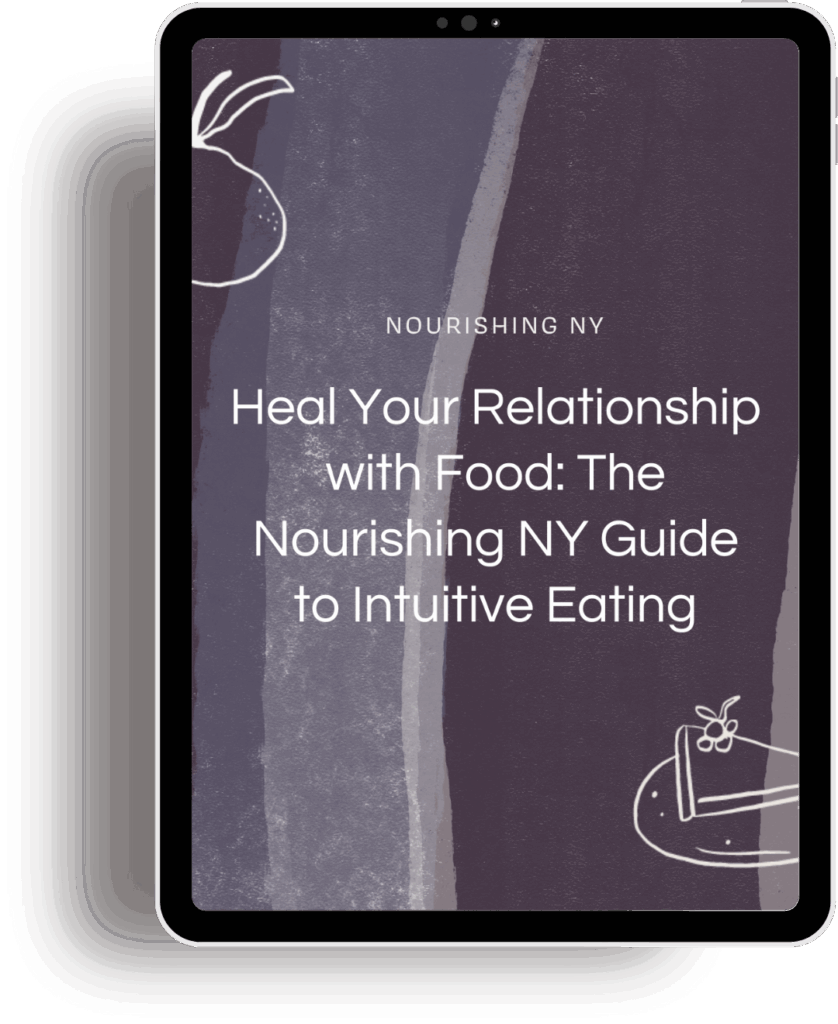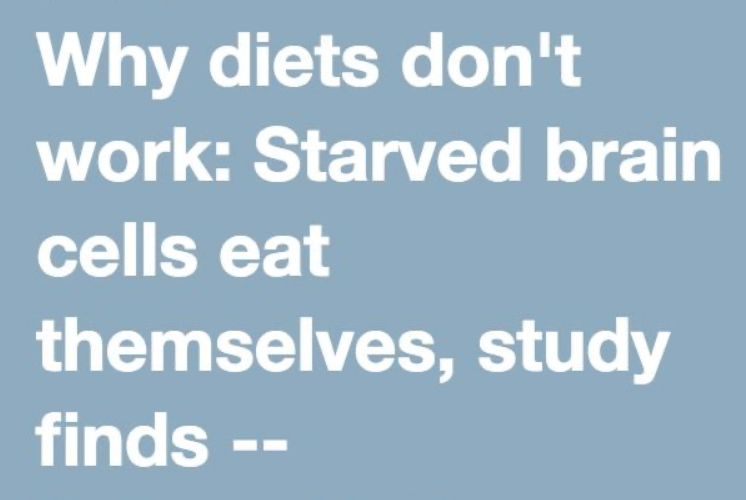Behind every eating disorder, there are physical and mental changes occurring. The brain can experience structural changes, hormone production can be altered, and a person’s mood can drastically transform. Understanding these changes is crucial. Without this understanding, we would not know where to begin in helping patients with eating disorders recover.
What is malnourishment?
Malnourishment refers to a lack of proper nutrition. This can be caused by not having enough to eat, not eating enough of the right foods, restrictive diets, or being physically unable to utilize the food that one does eat. Individuals with eating disorders often suffer from malnourishment. Their preoccupation with weight, shape, and appearance dictates their food intake. In an effort to control their bodies, restrictive diets begin.
A restrictive diet can cause a deficiency in several essential nutrients that are necessary for healthy body functions. The brain is an important area of the body that is affected. Just like any other organ, the brain requires nutrients to function. Specifically, the brain needs glucose to fuel its activities. Without sufficient glucose, the body will break down other organs and muscles to release their nutrients to power the brain. However, the brain will not be able to get all the nutrients it needs in adequate amounts, so it will be starving.
What is the starved brain?
The starved brain is a brain that is not receiving enough nutrients to power its activity. As a result, the brain will only participate in “must-do” functions and is not functioning optimally. The brain will produce less serotonin, which can result in depression symptoms. Other effects include difficulty sleeping and concentrating, a lowered attention span, and a disinterest in previous hobbies.
Once the brain is starved, it is difficult for a person to make decisions the way they used to. Their judgment will be impaired and they will not behave as their true selves. The starved brain will lead this individual down a path riddled with strict rules and a lack of pleasure. This mode of behavior is difficult to revert to normal without intervention. This is why telling someone, “stop worrying about your appearance” and “you’re so skinny” will not help.
If you suspect that you or a loved one is struggling with an eating disorder, you deserve an intervention. You are worthy of help from a team of professionals who understand the changes occurring in your brain. A full recovery is possible for all.
Sources:
Gauthier, Lisa. “The Eating Disorder Brain vs the Well Brain.” Change Creates Change, 30 June
2021, https://changecreateschange.com/the-eating-disorder-brain-vs-the-well-brain/.



